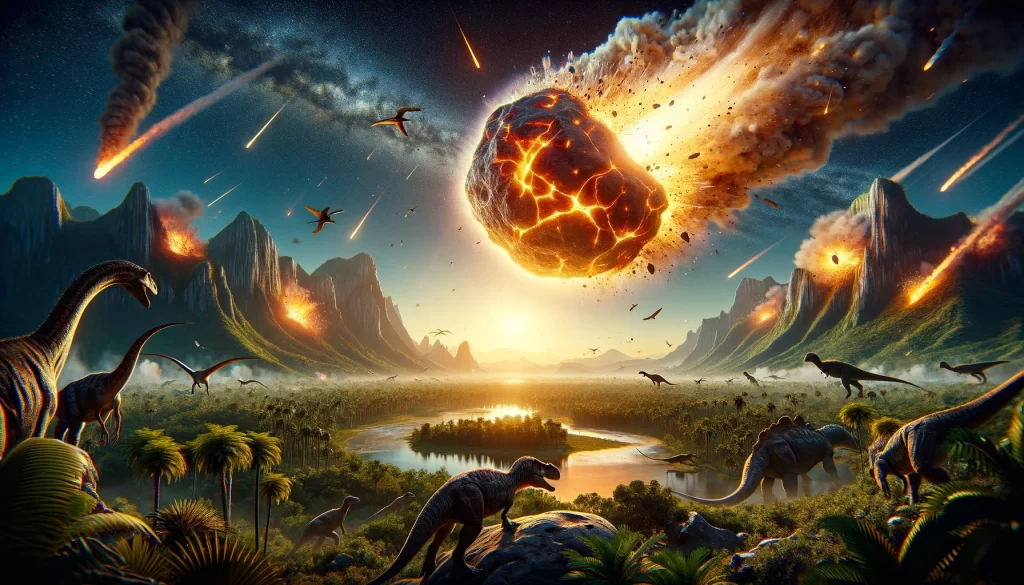
Dinosaurs vanished 66 million years ago, triggered by an asteroid impact near the Yucatán peninsula. The aftermath of this event caused widespread devastation, with 75% of species perishing. The impact likely created a vaporized rock plume, leading to global wildfires and a subsequent cooling effect due to dust blocking sunlight.
While some species survived temporarily, the overall decline of dinosaurs had begun prior to the impact, possibly due to habitat loss and climate change. Despite this, avian descendants thrived, with over 10,000 bird species existing today.
Interestingly, remnants of dinosaur life persisted in New Zealand for an additional million years post-impact. The study of their survival raises intriguing questions about extinction and resurgence factors.
In essence, dinosaurs, though seemingly extinct, left a lasting legacy evident in modern birds and rare survival pockets, challenging our understanding of extinction dynamics.
